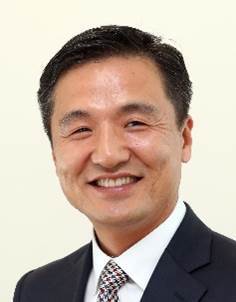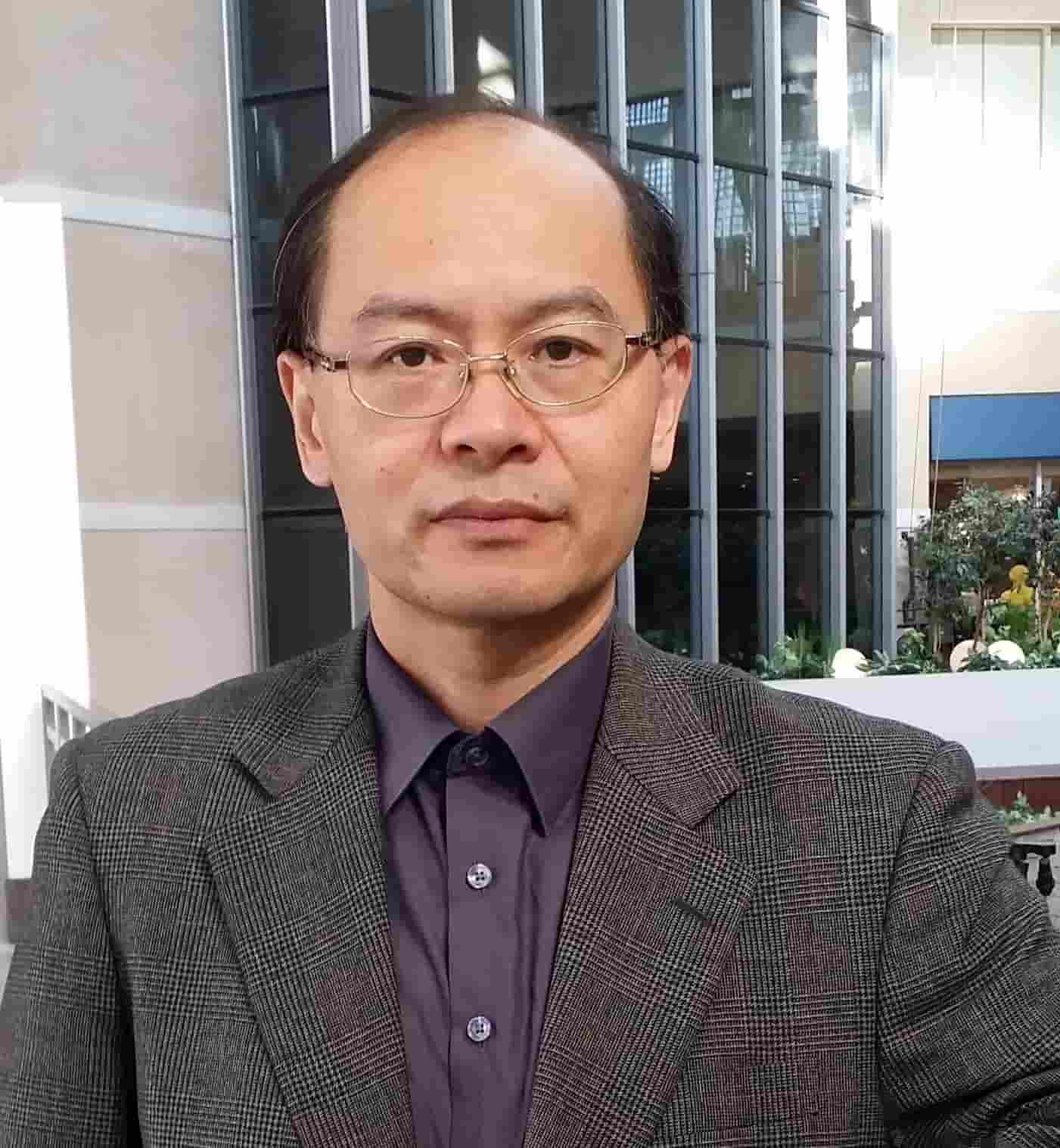Keynote Speakers
 Eva Lee |
 Doheon Lee |
 Luonan Chen |
Topics
Abstract: Modeling and Evaluating Intervention Options and Strategies for COVID-19 Containment: A Biological-Behavioral-Logistics Computation Decision Framework
SARs, bird flu, H1N1, Ebola crisis in W. Africa, Zika and current SARS-CoV-2 underscore the critical importance of emergency response and medical preparedness. Such needs are wide-spread as globalization and air transportation facilitate rapid disease spread across the world. Computational modeling of infectious disease outbreaks and epidemics offer insights in propagation patterns and facilitate policy makers to synthesize potential interventions. Current models include inclined decay with an exponential adjustment, SEIR (susceptible, exposed, infectious, recovered) compartmental model, discrete time stochastic processes, and transmission tree. While many of these models incorporate contact tracing to predict spread pattern, key elements on optimal usage of scarce resources and effective and efficient process performance (e.g., diagnostics and screening, non-pharmaceutical interventions, trained personnel/robots for treatment, decontamination) have not been included. This is particularly critical in the fight of COVID-19 containment due to lack of testing kits and the prevalence of asymptomatic transmission, and the long period of hospitalization required by severely sick patients.
This work focuses on designing a system computational decision modeling framework that simultaneously i) captures disease spread characteristics, ii) incorporates day-to-day hospital and home care processes and resource usage, iii) explores non-pharmaceutical intervention, social and human behavior and iv) allows for system optimization to minimize infection and mortality under time and labor constraints.
Prof. Eva Lee, H. Milton Stewart School of Industrial and Systems Engineering at Georgia Tech, also serves as the Director of the Center for Operations Research in Medicine and HealthCare. She is also a Senior Research Professor at the Atlanta VA Medical Center. Dr. Lee works in the area of mathematical programming and large-scale computational algorithms with a primary emphasis on medical/healthcare decision analysis and logistics operations management. She tackles challenging problems in health systems and biomedicine through systems modeling, algorithm and software design, and decision theory analysis. Specific research areas include health risk prediction, early disease prediction and diagnosis, optimal treatment strategies and drug delivery, healthcare outcome analysis and treatment prediction, public health and medical preparedness, large-scale healthcare/medical decision analysis and quality improvement. Dr. Lee's research in logistics focuses on large-scale optimization and algorithmic advances for optimal operations planning and resource allocation. She has developed decision support systems for inventory control; large-scale truck dispatching, scheduling, and transportation logistics; telecommunications; portfolio investment; and emergency treatment response and facility layout and planning. Dr. Lee was awarded a NSF/NATO postdoctoral fellowship on Scientific Computing, and a postdoctoral fellowship from Konrad-Zuse-Zentrum Informationstechnik Berlin in 1995 for Parallel Computation. In 1996, she received the NSF Presidential Young Investigator Award for research on integer programming and parallel algorithms and their applications to medical diagnosis and cancer treatment. She was the first OR/IE recipient for the prestigious Whitaker Foundation Biomedical Grant for Young Investigators, awarded for her work on a novel approach for combining biological imaging and optimal treatment design for prostate cancer. In 2004, she was selected as one of the Extraordinary Women Engineers. In 2005, she received the INFORMS Pierskalla award for research excellence in HealthCare and Management Science for her work on emergency response and planning, large-scale prophylaxis dispensing, and resource allocation for bioterrorism and infectious disease outbreaks. In 2006, she was chosen by the American Mathematical Society as the representative mathematician to speak and discuss individually with congressional leaders about her research advances in the medical and healthcare domain, and about the importance of mathematics in scientific advances. Together, Lee and Dr. Marco Zaider from Memorial Sloan-Kettering Cancer Center were named winners of the 2007 Franz Edelman award for their work on using operations research to advance cancer therapeutics. Lee has received seven patents for innovative medical systems and devices. Her research has been featured and discussed in numerous news media articles, including articles in the New York Times, London Times, Urology Times, Atlanta Business Chronicle, and Homeland Security IAIP Directorate Daily Report. Her cancer research was featured in a TV science news segment for Discoveries and Breakthroughs, Inside Science, Curing Prostate Cancer, broadcast by television stations nationwide.